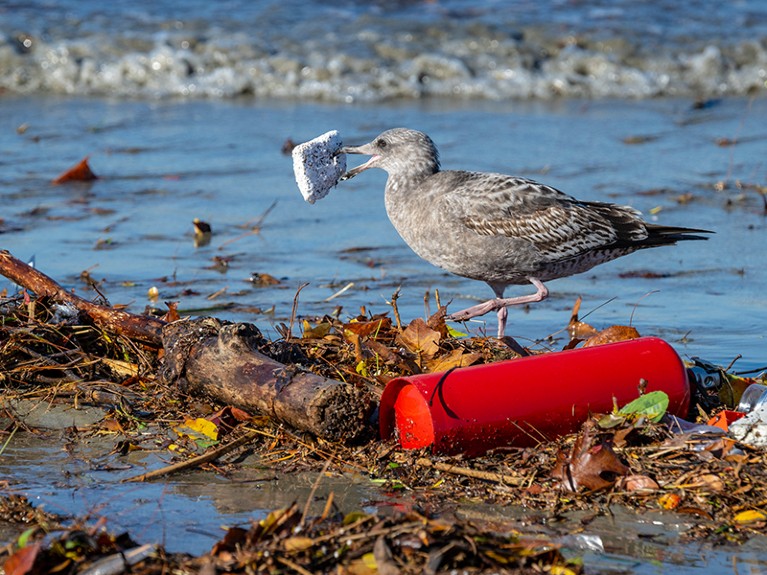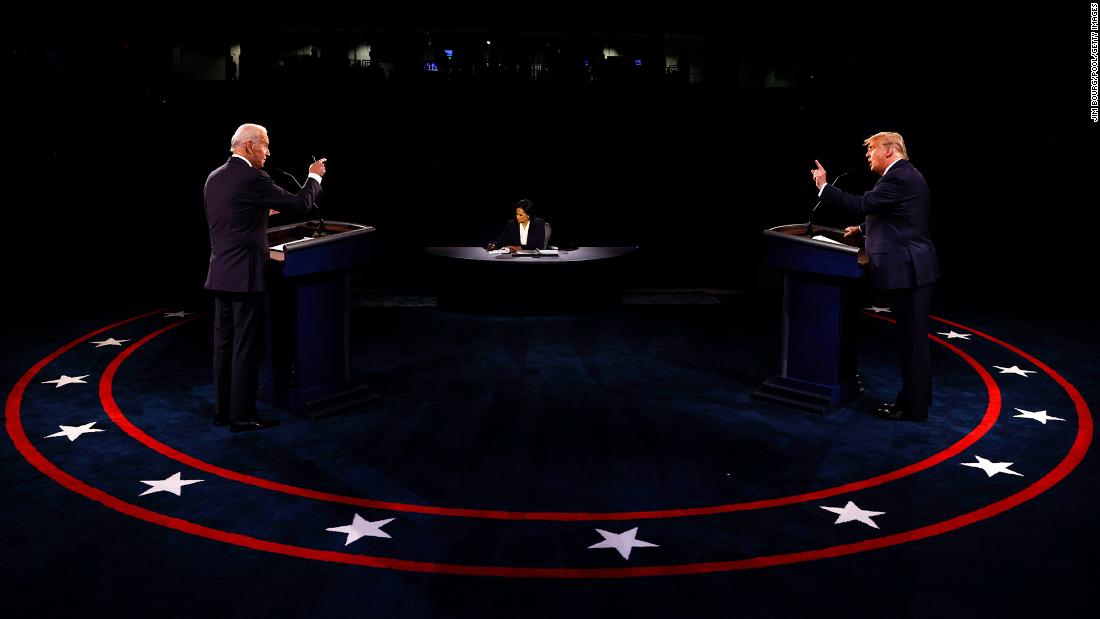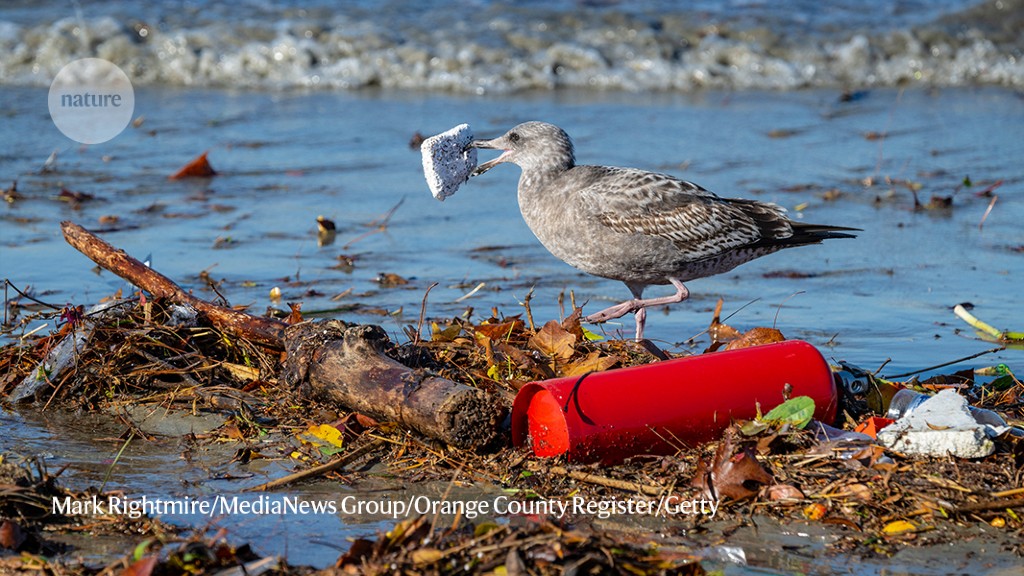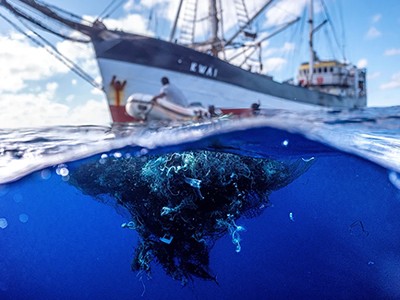
Plastic waste is damaging ecosystems around the world.Credit: Mark Rightmire/MediaNews Group/Orange County Register/Getty
Globally, some 400 million tonnes of plastic waste are produced each year1. Plastics have infiltrated some of the planet’s most remote and pristine areas, as two papers published in Nature show to dramatic effect2,3.
Veronica Nava and her colleagues systematically assess the extent of plastic contamination in diverse freshwater lakes and reservoirs across 23 countries, and find them to be widely contaminated with plastic2. Meanwhile, Hudson Pinheiro and his colleagues show that larger pieces of plastic litter, known as macroplastics, represent the largest share of anthropogenic debris found in shallow and deep coral reefs at 25 locations across the Pacific, Atlantic and Indian ocean basins. Even the deeper reefs, lying at depths of 30–150 metres, were found to be polluted; until now, the impact of plastics on these reefs has been little studied3.
Both studies will be important to talks, now under way at the United Nations, on a treaty to eliminate plastic pollution. This is an ambitious goal that will require a radical rethink of plastics production, recycling, remediation and disposal. Experience gained from decades of UN environmental treaties shows that trusted and effective measurement and compliance mechanisms are as important as the agreements themselves. So far, however, the negotiations do not include a specific plan to hold countries accountable for the pledges and promises they make on behalf of their plastics producers, exporters and recyclers. It is clear that this must change — and fast.
Multi-level problem
The research published this week highlights the multi-level problem that negotiators face. Pinheiro and his colleagues found debris in 77 of the 84 coral reef sites they surveyed globally. Larger pieces of debris, bigger than 5 centimetres across — mainly discarded or broken fishing equipment — were more prevalent in deeper reefs. This highlights complex trade-offs that treaty negotiators will have to grapple with to deliver a comprehensive solution to the plastics problem. Simply banning plastic nets and other fishing gear could harm livelihoods. Subsidies or incentives might be needed to enable communities that rely on fishing to switch from using gear that causes damage to deep reefs.
Large-scale collaborations uncover global extent of plastic pollution
The study by Nava and her colleagues highlights another facet of any meaningful treaty: getting measurements right. Countries will need to discuss and agree a standard or system for how they measure plastic pollution. Nava et al. developed a protocol for categorizing and measuring plastic pollution in freshwater samples and applied it to samples collected at the surface of 38 lakes and reservoirs, most of them in the Northern Hemisphere. The authors also collected data on the size of the population near each lake, the lake’s depth and how much of the land supplying inflow water is urban. Plastics in the samples were classified by shape, colour and size, and a subset were analysed using spectroscopic methods to identify the chemical composition of their polymers. This and other knowledge needs to feed into treaty talks.
The plastics treaty is on a supercharged schedule. Talks began in March 2022 and are due to conclude with a final text in 2024. If that happens, countries are expected to incorporate the treaty into national laws in 2025.
Environmental treaties often take between 5 and 15 years to complete, and accelerating the process could compel nations to focus on the essentials. However, at the most recent negotiating session, which concluded last month in Paris, countries spent most of the week discussing (and struggling to agree on) how they would make decisions. To adhere to the rapid timetable, subsequent sessions will need to get down to detail more quickly. But a downside of a fast-track approach is that there is less time for researchers and campaigners to influence the process.
Protecting the ocean requires better progress metrics
The talks are being organized by the UN Environment Programme (UNEP), based in Nairobi. It is inviting observers, including researchers, to make written submissions by 15 August, ahead of the publication of the treaty’s first draft text, or ‘zero draft’. Researchers should take this opportunity to urge negotiators to establish an expert group on measurement and compliance as part of the talks.
UNEP told Nature that there is no dedicated expert group looking at measurement or accountability. However, a representative said that negotiators will “consider how other multilateral agreements provide for monitoring and suggest best practice”. Studying how other agreements manage monitoring is important, but monitoring is not the same thing as compliance. There is a risk that, in a rush to meet the timetable, negotiators will settle for a treaty that demands little or nothing in the way of compliance.
For the treaty negotiations to be successful, countries must commit to being held accountable. Not having a group within the negotiations charged with ensuring measurement and compliance could be a costly error. The time between now and the next session, due to be held in Nairobi in November, offers a valuable and urgent opportunity for researchers to get their voices heard — so that we can finally start to reduce the stark toll of plastic pollution on the global environment.









More News
Author Correction: Stepwise activation of a metabotropic glutamate receptor – Nature
Changing rainforest to plantations shifts tropical food webs
Streamlined skull helps foxes take a nosedive